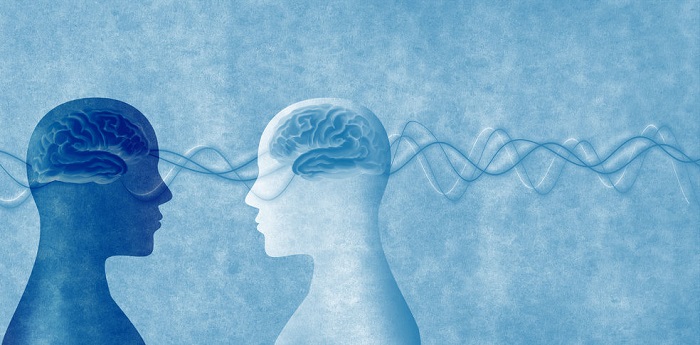What is Dialectical Behavior Therapy (DBT)
 Dialectical behavior therapy (DBT) is an effective, evidence-based treatment option for a number of mental health issues. It was developed by Marsha Linehan, Professor Emeritus of Psychology at the University of Washington to treat highly suicidal patients.
Dialectical behavior therapy (DBT) is an effective, evidence-based treatment option for a number of mental health issues. It was developed by Marsha Linehan, Professor Emeritus of Psychology at the University of Washington to treat highly suicidal patients.
Stages of DBT
To organize the treatment, Linehan created a treatment hierarchy consisting of four stages. In order of priority, treatment targets in this stage are:
1. Life-threatening behaviors (e.g., suicidal behaviors, non-suicidal self-injury).
2. Behaviors that interfere with therapy (e.g., coming late or canceling sessions, not cooperating).
3. Behaviors that interfere with having a decent quality of life (e.g., substance abuse, severe financial problems).
4. Dysfunctional behaviors (these will be replaced with skillful behaviors).
The goal of stage one is to stabilize the patient and help him/her have more behavioral control. Patients who feel less out of control and are less likely to act in destructive ways move to Stage two. Despite having more control, they are still suffering tremendously, perhaps due to past trauma or present invalidating environment. Therefore, the goal of the treatment now is to address potential trauma symptoms and help reduce experiential avoidance, so one can experience a wider range of emotions in a more healthy way.
During Stage Three, the focus is on learning to lead a normal life—one of ordinary joys and sorrows. The therapist helps the patient set life goals and learn to cope with ordinary problems in living (e.g., mild depression, lack of intimate relationships) effectively. For some people, a fourth stage is needed: finding a deeper meaning. In this stage, the goal of treatment is to help individuals move from a sense of incompleteness towards a life that involves an ongoing capacity for experiences of joy and a sense of fulfillment.
Dialectical Behavior Therapy Skills Group
What are Dialectical Behavior Therapy skills?
DBT skills are concrete, behavioral strategies that are taught across the following four skills modules:
1. Emotion Regulation: Increase the ability to regulate intense/painful emotions, and reduce vulnerability to painful emotions.
2. Distress Tolerance: Increase tolerance, survive crisis situations, and increase acceptance over situations that one wishes were different but cannot be changed.
3. Interpersonal Effectiveness: Maintain, improve and build relationships while increasing self-respect. End relationships safely and effectively.
4. Mindfulness: Learn to focus attention on the present moment learn to acknowledge labels, and trust our internal wisdom/experiences.
Who can benefit from DBT skills?
DBT has been found to be effective in reducing emotional dysregulation that can be triggered in a variety of situations. The Harbor Psychiatry & Mental Health DBT Skills group is appropriate for adults who struggle with maintaining behavioral control when they experience intense, painful emotions. Common emotional dysregulated behaviors include suicide/self-harm-related behaviors, interpersonal difficulties, impulse control, eating disorders, substance use, anger management problems, and other behaviors that interfere with the quality of life. Because the HPMH DBT Skills group is primarily educational and skills-based, clients are strongly recommended to also participate in individual psychotherapy.
Group Description
Our DBT skills group meets once a week over a period of 24 weeks. The 4 training modules that comprise the skills group includes: 1) Mindfulness, 2) Emotion Regulation, 3) Distress Tolerance, and 4) Interpersonal Effectiveness. Since mastery of these skills generally requires 6 months or more of skills training, participants will have the opportunity to continue skills training beyond the first 24 weeks and complete an additional 6 months and learn the modules again.
If you are interested in DBT Skills group, please discuss a referral with your HPMH provider.
Health Insurance
About us
Contact us
About Harbor Psychiatry & Mental Health
We believe outstanding healthcare is delivered when we merge the science of medicine with the compassion of our hearts. We refer to this as “head and heart together,” inspiring constant improvement and lasting success.
Psychiatrists Orange County CA
Psychologists Orange County CA
Contact us
Address: 4631 Teller, Suite 100
Newport Beach CA 92660
Phone: (949) 887-7187
Email: info@harbormentalhealth.com
